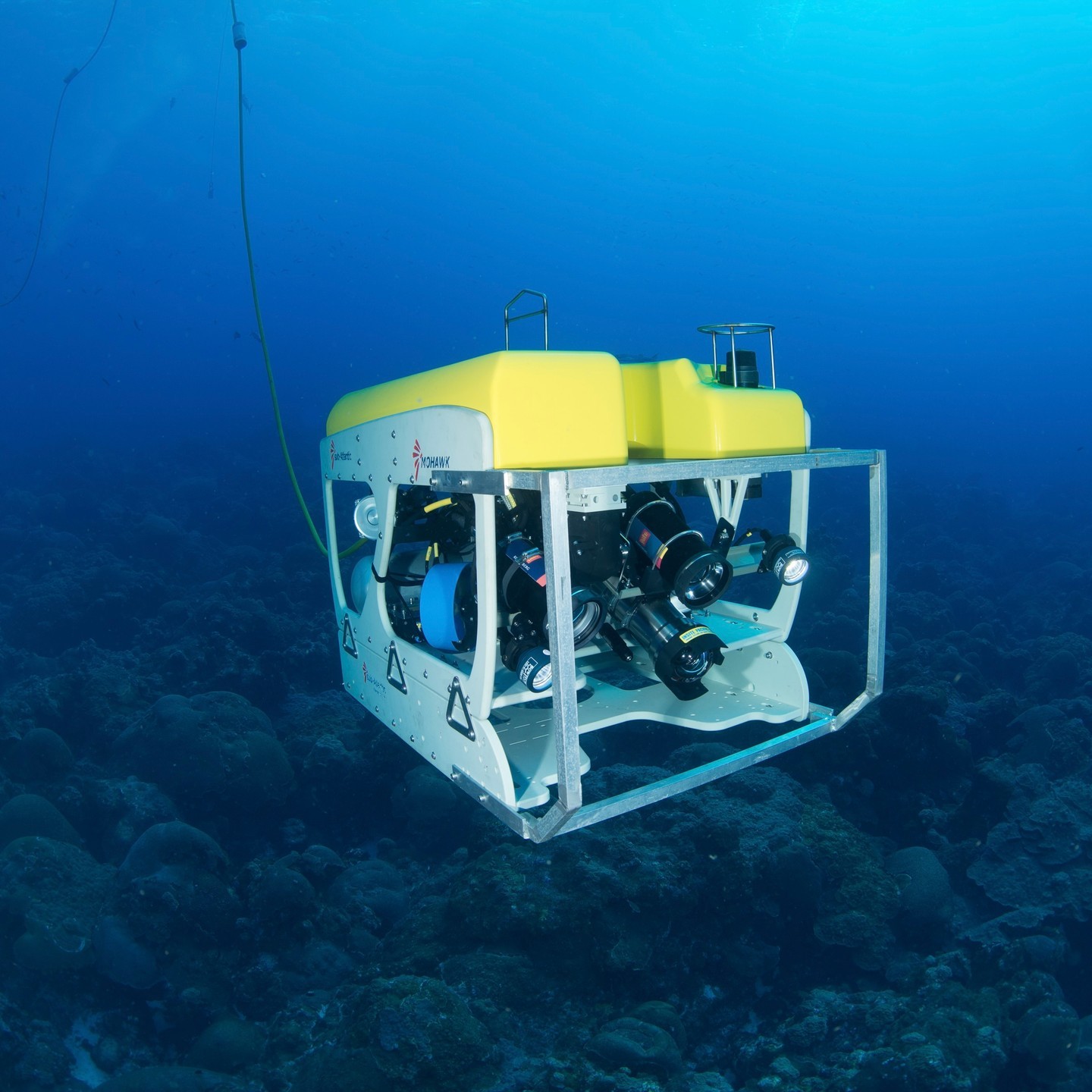- The Role of Marine Biologists and Oceanographers in Ocean Exploration
- The Significance of Robotics in Deep-Sea Discovery
- Understanding Remotely Operated Vehicles (ROVs) and Their Applications
- The Impact of Modern Technology on Aquatic Conservation
- Opportunities for Public Involvement and Education in Ocean Exploration
Exploring our oceans remains a formidable challenge, one faced by marine biologists and oceanographers with rigorous dedication and innovative techniques. These professionals contribute significantly to our understanding of marine life and aquatic environments. They explore the depths of the ocean, study marine species, and analyze ecosystem dynamics. Their work is crucial in developing strategies to conserve marine biodiversity and combat environmental threats such as climate change, overfishing, and pollution.
Harnessing the power of modern technology, scientists delve deeper into uncharted territories of the ocean. Robotics stands at the forefront of these technological advancements, offering promising solutions for many of the challenges faced in marine exploration. Robotic technologies, particularly Remotely Operated Vehicles (ROVs), allow scientists to navigate inhospitable oceanic conditions and gather data that would otherwise be unattainable. This capability enables meticulous exploration and monitoring of underwater ecosystems, geological formations, and biological specimens.
Remotely Operated Vehicles (ROVs) are critical tools in oceanic research. These unmanned devices are equipped with cameras, sensors, and sampling tools, enabling the collection of visual and physical data from the ocean floor. ROVs are operated by trained technicians on research vessels, allowing for real-time observations and adjustments. Their ability to withstand high-pressure environments and maneuver through complex underwater terrains makes them invaluable in a wide array of marine studies, from geological surveys to biodiversity assessments.
The integration of robotics and modern technology reshapes our methods of aquatic exploration and conservation. Rapid advancements in machine learning, artificial intelligence, and sensor technology enhance the capacity of ROVs and similar devices. These developments contribute to more effective monitoring of marine environments, assessing the impact of human activities, and implementing conservation strategies. Such technologies are pivotal in protecting marine ecosystems and preserving ocean health for future generations.
Public involvement and education play a vital role in promoting ocean exploration and conservation. Events like the Dive Into Robotics virtual event offer a unique opportunity for individuals to engage with experts, learn about cutting-edge technologies, and gain insights into the challenges and triumphs of ocean exploration. Educational initiatives and public outreach programs stimulate interest and awareness in marine science, fostering a culture of environmental stewardship and inspiring future generations of ocean explorers.
Through collaborative research, technological innovation, and public engagement, marine biologists and oceanographers continue to unlock new horizons in our understanding and protection of the oceans. The work of these dedicated scientists extends far beyond academia, influencing policies and inspiring global efforts toward sustainable marine resource management. The journey under the sea is not only a scientific expedition but also an endeavor to preserve the health and vitality of our planet’s most expansive and essential ecosystem.
*****
Source Description
Have you ever wondered how marine biologists, oceanographers and beyond explore our oceans? 🌊 🪸 Now’s your time to ask!
Join us on January 30 at 3 p.m. for a FREE Virtual Event: Dive Into Robotics, and learn how scientists harness the power of robotics for deep-sea discovery 🔍 Submit questions for our experts upon registering and determine how modern technology, like remotely operated vehicles (ROVs), can redefine how we approach aquatic exploration.
Register now at the link in our bio! 🤿
.
.
.


